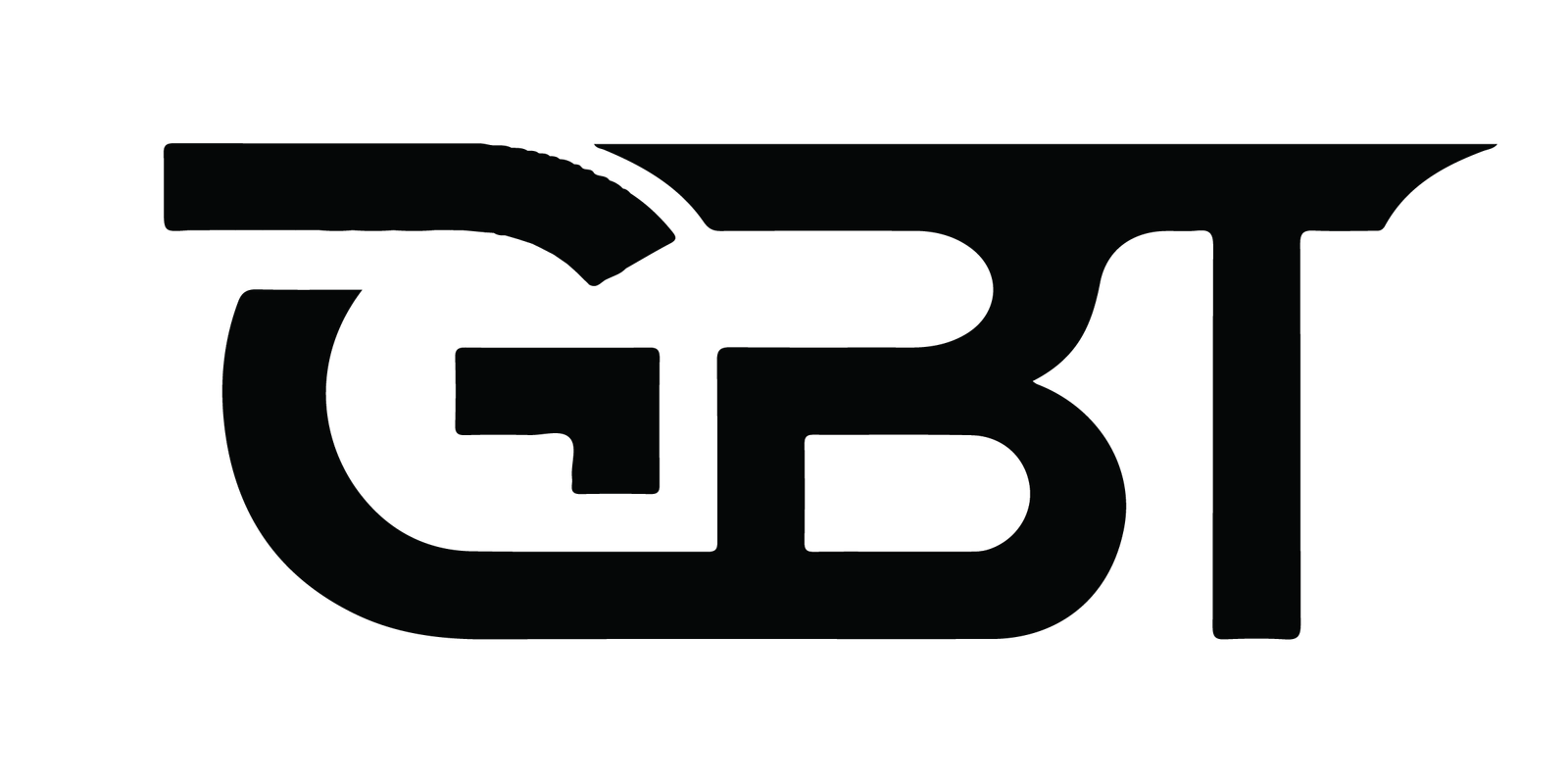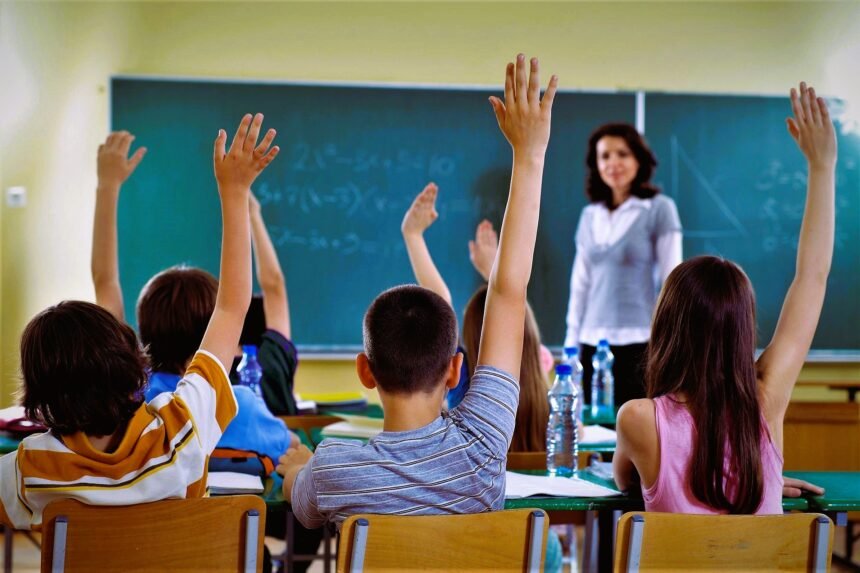Introduction
Formal Education, an organized and organized framework, plays an essential part in forming individuals’ mental, social, and proficient advancement. The term Formal Education alludes to the unequivocal, arranged guidelines forms conveyed by licensed educate such as schools, colleges, and colleges. Its center components include a endorsed educational programs, standardized evaluations, and a progressive movement of grades or levels.
Formal Education is recognized by its deliberateness plan to confer information and abilities in an orderly way, emphasizing subjects extending from science to writing. The acknowledgment of qualifications earned through Formal Education, such as recognitions or degrees, holds societal noteworthiness, approving individuals’ scholarly accomplishments.
This organized approach to learning underlines the unavoidable impact of Formal Education in developing well-rounded and learned citizens, contributing to individual development and societal headway.
Definition Of Formal Education

Formal Education, frequently alluded to as organized and institutionalized learning, may be a orderly handle outlined by instructive educate such as schools, colleges, and colleges. Formal Education, recognized by its express educational programs and organized directions approach, points to confer information and abilities in a standardized way.
The term formal instruction underscores the deliberateness nature of this instructive framework, where understudies advance through predefined levels, and their accomplishments are regularly approved by recognized qualifications. In quintessence, formal instruction serves as a foundation in society, giving people with an organized system for mental and individual advancement, making it an necessarily viewpoint of instructive frameworks around the world.
Universal Nature Of Formal Education
Formal Education, with its all inclusive nature, serves as an organized and standardized system for conferring information and aptitudes over different social orders universally. The term Formal Education itself typifies a framework characterized by organized educate, unequivocal educational program, and recognized accreditations. This organized approach guarantees a reliable and directed spread of data, making an establishment for people to obtain fundamental competencies.
The all-inclusiveness of Formal Education is obvious in its predominance over countries, reflecting a shared acknowledgment of the noteworthiness of instructive educate in forming people and cultivating societal improvement. As a multifaceted concept, Formal Education rises above social boundaries, giving a common ground for the interest of information and individual development on a worldwide scale.
Historical Evolution
The obvious movement of Formal Education has seen a vital modify, stamped by a move from casual, localized instruction to organized, correct approaches on an around the world scale. In antiquated civilizations, Formal Education was as regularly as conceivable compelled to favored elites, with information transmitted orally or through apprenticeships.
Over time, as social orders progressed, Formal Education educate risen, extending from medieval earnest schools to the Renaissance organizing. The Mechanical Alter energize provoked the progression of formal instruction, emphasizing the require for standardized information and talented workforce.
Interior the 20th century, the concept of Formal Education got to be institutionalized, with the foundation of obligatory coaching and the progress of comprehensive instructive program. These days, formal instruction may be a foundation of societal improvement, creating mental progress, and organizing people for orchestrated parts in an ever-evolving world.
Origins And Early Educational Systems
The beginnings of formal instruction follow back to antiquated civilizations, where early instructive frameworks were localized and fundamentally served favored elites. In societies such as old Greece and Rome, instruction emphasized talk, reasoning, and down to earth aptitudes. Early social orders frequently transmitted information through verbal conventions or apprenticeships, laying the foundation for the organized and institutionalized formal instruction frameworks that would advance over time.
Development of formal education globally
Formal instruction all inclusive has advanced altogether, advancing from localized, elite hones to broad, standardized frameworks. Truly limited to elites, instruction extended with the rise of educate amid the Renaissance and industrialization. Within the 20th century, obligatory tutoring got to be predominant, forming the modern worldwide scene. Nowadays, formal instruction serves as a widespread establishment, cultivating information and abilities basic for societal headway on a worldwide scale.
Key Components

Formal instruction, as an organized and organized framework, comprises key components basic for conferring information and aptitudes inside authorize educate around the world. Within the domain of Formal Education, educate such as schools, colleges, and colleges serve as foundational columns, making an organized environment conducive to learning. These educate follow to standardized educational modules, portraying a range of subjects and scholarly disciplines that collectively constitute the Formal Education involvement.
Also, the evaluation instruments utilized inside Formal Education, counting examinations and reviewing frameworks, play a significant part in assessing students’ comprehension and dominance of the endorsed substance. The cooperative energy of these interconnected components characterizes the pith of Formal Education, forming individuals’ mental interests and cultivating an establishment for individual and proficient advancement.
Institutions
Teach of formal instruction, counting schools, colleges, and colleges, are fundamentally components of an organized learning framework all inclusive. These educate give a system for scholarly advancement, advertising standardized educational module and appraisals. They serve as instructive center points, forming people and planning them for different parts in society through formalized directions forms.
Schools, Colleges And Universities
Schools, colleges, and colleges shape the set of three of formal instruction teach. Schools give essential and auxiliary instruction, whereas colleges and colleges offer higher instruction and specialized degrees. Together, they constitute an organized framework that confers information, aptitudes, and qualifications, playing a significant part in person and societal improvement.
Assessment
The evaluation of formal instruction uncovers both its qualities and challenges on a worldwide scale. Formal instruction, as an organized framework, gives a foundational system for procuring information and abilities fundamental for individual and societal improvement. Be that as it may, incongruities hold on inside the domain of formal instruction, affecting get to, quality, and inclusivity. The evaluation of formal instruction frameworks must recognize the changed levels of assets and bolster accessible around the world, affecting instructive results.
Endeavors to upgrade formal instruction must address these aberrations, cultivating a more evenhanded and available learning environment. Moreover, the continuous appraisal of formal instruction ought to consider the advancing scene of innovation and its integration into academic approaches, guaranteeing that instructive frameworks stay pertinent and responsive to the wants of a changing world.
Examinations
Examinations are fundamentally to formal instruction, serving as urgent appraisals of students’ comprehension and aptitudes. These organized assessments, inserted inside scholarly frameworks universally, gage person execution and approve instructive accomplishments. Whereas examinations give a standardized degree of information, evaluates emerge with respect to their potential to actuate push and favor repetition memorization over all encompassing understanding. Striking a adjust between thorough appraisal and cultivating a comprehensive learning encounter remains an interminable challenge inside the scene of formal instruction.
Grading Systems
Reviewing frameworks in formal instruction utilize standardized strategies to assess students’ scholastic execution. Ordinarily, these frameworks allot letter grades or numerical scores to evaluate comprehension, cooperation, and evaluation results. The grades frequently compare to particular levels of accomplishment, giving a quantifiable way to communicate a student’s capability in a specific subject. Reviewing frameworks point to equitably reflect students’ understanding of the educational modules and encourage compelling communication of scholastic advance to both students and partners within the instructive prepare.
Access And Inclusivity

Get to and inclusivity in formal instruction is significant for cultivating rise to openings. Endeavors around the world endeavor to diminish obstructions to instruction, guaranteeing that people of different foundations, socio-economic statuses, and capacities can take an interest. Arrangements, activities, and advancements work towards making a comprehensive instructive scene, advancing differences and break even with get to learning openings.
Global Variations In Educational Access
Worldwide varieties in instructive get to highlight incongruities in assets, framework, and arrangements. Whereas a few locales gloat broad get to formal instruction, others confront challenges, preventing openings for understudies. Worldwide endeavors point to address these holes, emphasizing inclusivity and rise to instructive get to advance worldwide socio-economic advancement.
Efforts To Promote Inclusivity
Endeavors to advance inclusivity in formal instruction include executing arrangements and hones that guarantee impartial get to and openings for all understudies. This incorporates tending to socio-economic aberrations, obliging assorted learning styles, and cultivating a strong environment. Comprehensive instruction endeavors to form a learning scene that grasps differing qualities and empowers each understudy to flourish.
International Initiatives
Endeavors to advance inclusivity inside formal instruction are pivotal for guaranteeing impartial get to and openings for all learners. Formal instruction frameworks all inclusive are recognizing the significance of making situations that suit differing foundations and learning styles. Comprehensive hones inside formal instruction envelop educational modules adjustments, bolster administrations, and arrangement changes. By prioritizing inclusivity, formal instruction teach point to address incongruities and expel obstructions that prevent marginalized bunches.
Through proactive measures, such as comprehensive educational programs plan and focused on back programs, formal instruction endeavors to cultivate an environment where each understudy, independent of foundation, can effectively lock in and flourish inside the instructive system.
Government Policies
Government approaches play a vital part in forming formal instruction, impacting educational programs measures, financing allotments, and instructive framework. These approaches regularly point to upgrade availability, value, and quality of instruction. They may include activities for instructor preparing, innovative integration, and tending to socio-economic aberrations. Successful government approaches endeavor to form a comprehensive and steady learning environment, guaranteeing that formal instruction adjusts with societal needs and plans understudies for future challenges, cultivating a well-rounded and learned citizenry.
Technological Influence
The innovative impact on formal instruction has reshaped conventional instructional method, advertising energetic instruments to upgrade learning encounters. In modern formal instruction, computerized stages, intuitively program, and online assets increase conventional educating strategies. Formal instruction educates all inclusive coordinated innovation to encourage inaccessible learning, collaborative ventures, and personalized appraisals. This transformative effect on formal instruction emphasizes computerized proficiency as a significant aptitude.
The persistent integration of innovation into formal instruction not as it were broadens get to data but too plans understudies for the advancing requests of the present day workforce, outlining the advantageous relationship between innovative progressions and the continuous advancement of formal instruction standards.
Integration Of Technology In Education
The integration of innovation in formal instruction revolutionizes learning by consolidating advanced devices, online assets, and intuitively stages. This approach improves availability, cultivates personalized learning encounters, and prepares understudies with vital advanced abilities. Innovation integration in instruction advances engagement, collaboration, and plans learners for the advancing requests of the present day world.
Online And Distance Learning
Online and remove learning are indispensably components of formal instruction, leveraging advanced stages to encourage inaccessible get to instructive assets. These modalities offer adaptability, empowering understudies to seek after scholastic objectives from assorted areas. Intelligently innovations, such as virtual classrooms, back engagement, appraisals, and collaborative learning, changing conventional instructive scenes.
Cultural and Regional Variations

Social and territorial varieties altogether impact formal instruction over the globe. The concept of formal instruction takes on different shapes, reflecting the interesting values, conventions, and societal structures of diverse societies and locales. The substance and strategies of formal instruction are regularly custom fitted to adjust with nearby traditions, chronicled settings, and phonetic subtleties. In a few societies, formal instruction emphasizes collective learning and community engagement, whereas in others, person accomplishment may take priority.
Territorial varieties can show within the choice of subjects, teaching styles, and indeed within the acknowledgment of certain abilities as important. The impact of cultural differences on formal instruction is clear within the educational programs plan, dialect of instruction, and instructive needs, making a mosaic of instructive frameworks universally. Understanding and regarding these social and territorial varieties is pivotal for cultivating comprehensive and successful formal instruction that resounds with the assorted needs of learners around the world.
Diverse Educational Models
Assorted instructive models in formal instruction speak to different approaches to learning. These models include conventional classroom settings, online stages, professional preparing, and experiential learning. The incorporation of socially touchy strategies caters to the interesting needs of understudies, reflecting a commitment to versatility and inclusivity inside the broader range of formal instruction.
Impact Of Cultural Values On Formal Education
Assorted instructive models in formal instruction speak to different approaches to learning. These models include conventional classroom settings, online stages, professional preparing, and experiential learning. The incorporation of socially touchy strategies caters to the interesting needs of understudies, reflecting a commitment to versatility and inclusivity inside the broader range of formal instruction.
The Future Trends Of The Formal Education
Long haul patterns of formal instruction are balanced for energetic shifts, with innovation playing a significant part. Formal instruction is grasping inventive techniques, consolidating computerized apparatuses and fake insights to improve learning encounters. The integration of online stages and virtual classrooms is growing get to formal instruction all inclusive, breaking down topographical boundaries. Versatile learning frameworks, personalized appraisals, and information analytics are revolutionizing the way formal instruction is delivered, fitting instructive encounters to person needs.
As formal instruction proceeds to advance, there’s a growing emphasis on intrigue approaches and real-world applications, planning understudies for a quickly changing job market. The long run of formal instruction lies in its capacity to adjust, leveraging mechanical progressions to make comprehensive, adaptable, and locks in learning situations that enable people to flourish in an ever-evolving worldwide scene.
Innovations In Teaching Methodologies
Developments in instructing strategies inside formal instruction grasp intelligently and learner-centric approaches. Utilizing innovation, collaborative learning stages, and project-based strategies, teachers point to upgrade understudy engagement and basic considering. These developments cultivate energetic and personalized learning encounters, planning understudies for the advancing challenges of the 21st century.
Adaptations To Societal Changes
Formal instruction experiences consistent adjustments to adjust with societal changes. These alterations incorporate coordination innovation into classrooms, tending to differing learning styles, and cultivating basic abilities for the advancing work showcase. Such adjustments guarantee that formal instruction remains responsive and pertinent to the energetic needs of society, planning understudies for victory in a quickly changing world.
Conclusion
Formal instruction stands as a foundation in forming people and social orders, giving organized learning situations basic for individual and mental advancement. As an energetic framework, it ceaselessly adjusts to societal needs, coordination innovative progressions and advancing educating strategies. Whereas confronting challenges of get to and quality incongruities, formal instruction remains an imperative apparatus for strengthening, cultivating a learned and gifted citizenry. Its continuous assessment and adjustment are vital to guaranteeing its proceeded pertinence in planning people for the complexities of the present day world.








